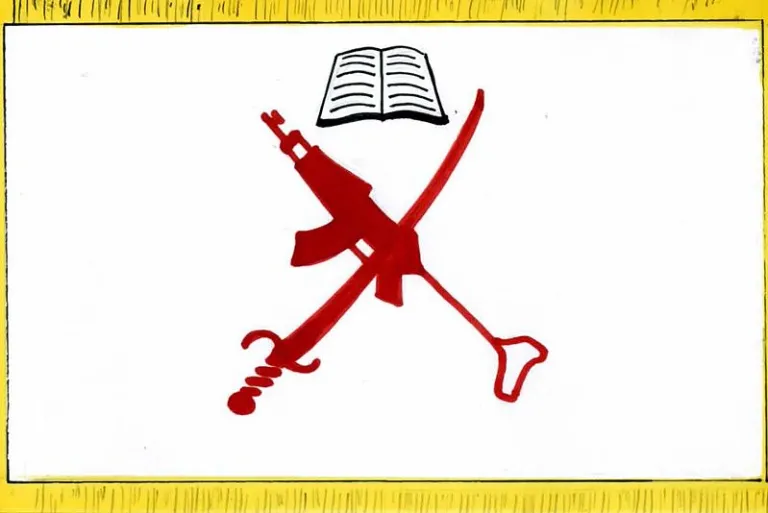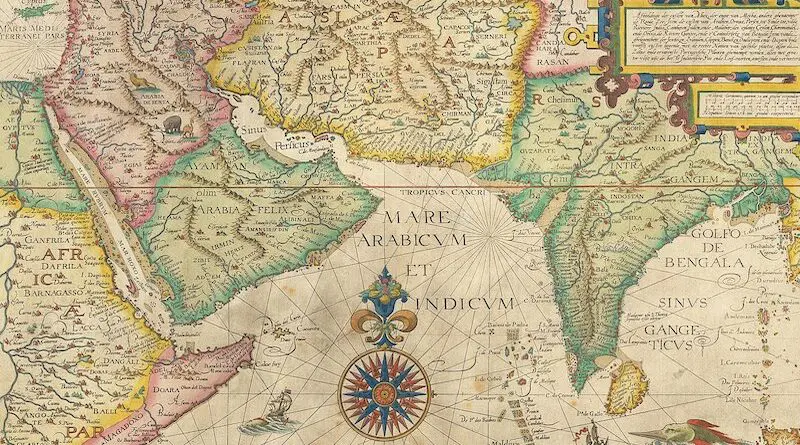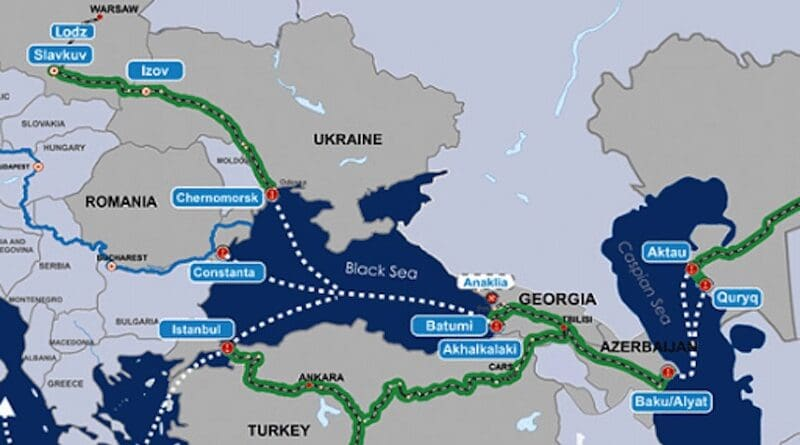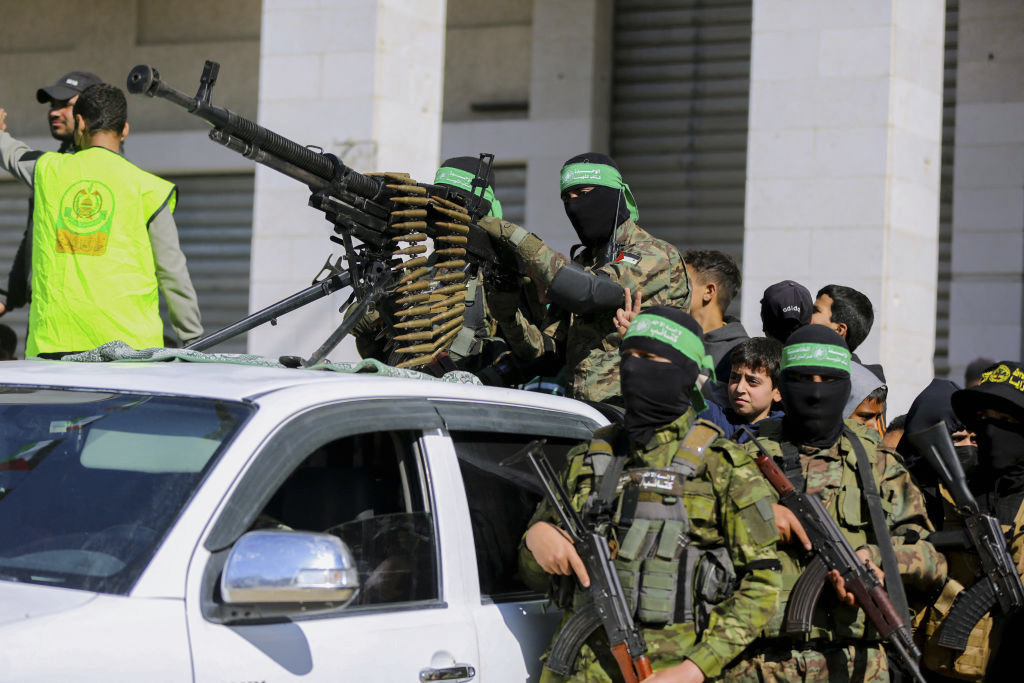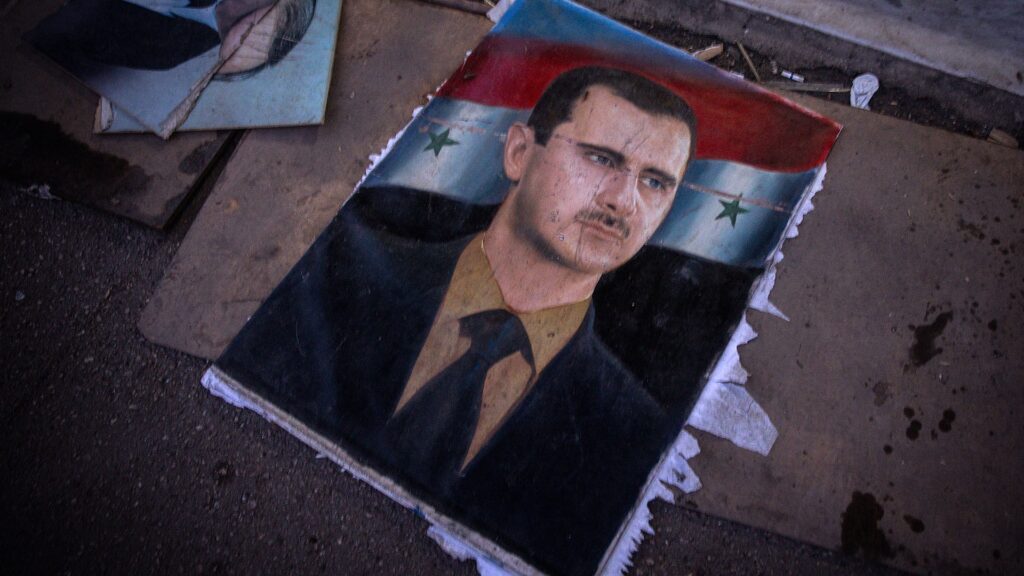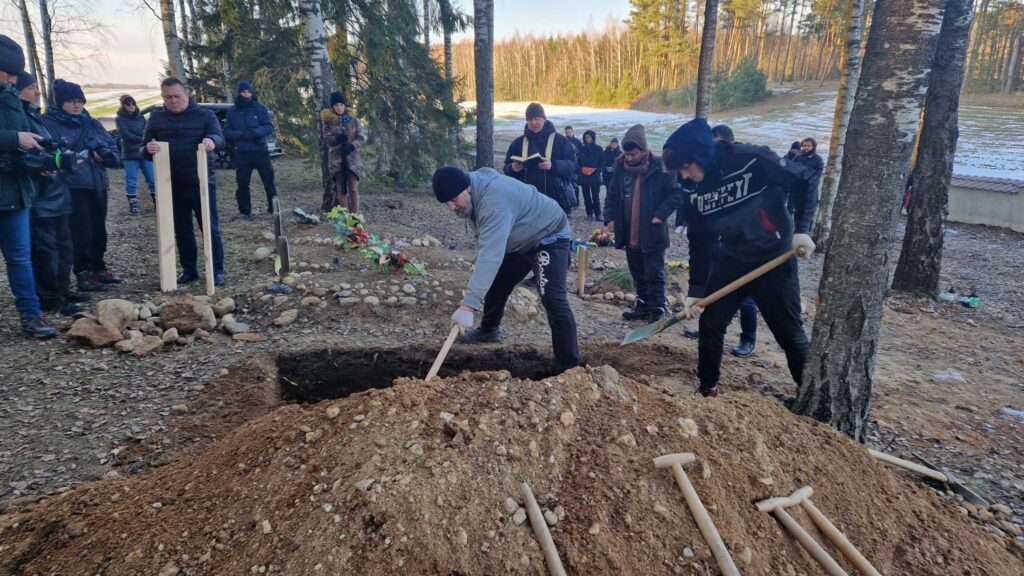Islamism and Security in Bosnia-Herzegovina
The United States Army War College
The United States Army War College educates and develops leaders for service at the strategic level while advancing knowledge in the global application of Landpower.
The purpose of the United States Army War College is to produce graduates who are skilled critical thinkers and complex problem solvers. Concurrently, it is our duty to the U.S. Army to also act as a “think factory” for commanders and civilian leaders at the strategic level worldwide and routinely engage in discourse and debate concerning the role of ground forces in achieving national security objectives.

